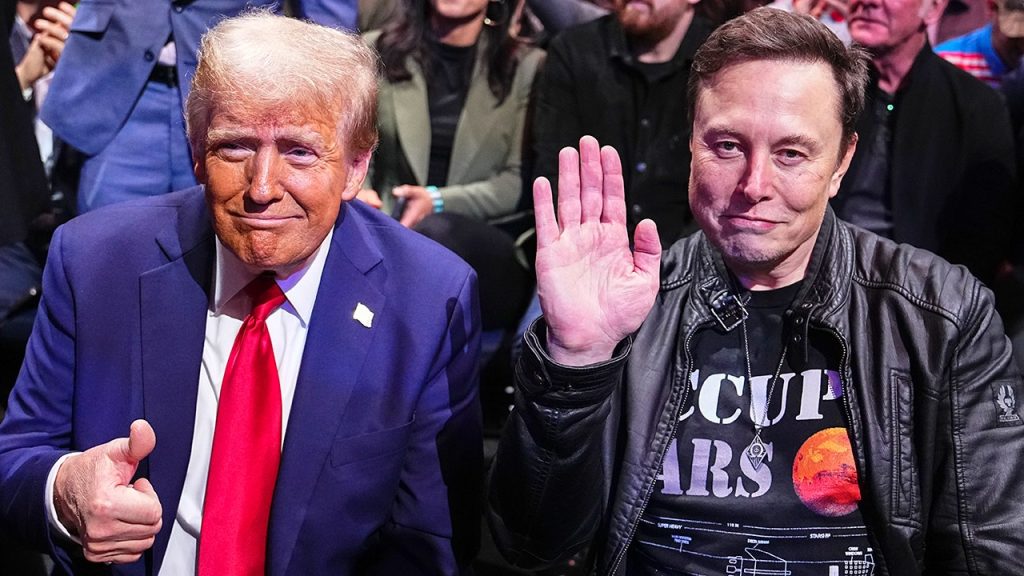Elon Musk’s Opposition to the Stopgap Spending Bill
Elon Musk, the billionaire entrepreneur and prominent ally of former President Donald Trump, has publicly denounced the proposed stopgap spending bill aimed at averting a government shutdown. The bill, introduced by House Speaker Mike Johnson, seeks to fund the government through March and spans 1,547 pages. Musk took to social media platform X to express his disapproval, criticizing the bill’s length and characterizing it as laden with "pork." This opposition from a key figure in conservative circles adds another layer of complexity to the already contentious budget debate.
Republican Defense and Internal Divisions
Republican congressional leaders have defended the stopgap measure, arguing that it provides a temporary solution, allowing President-elect Trump greater influence on spending decisions when the issue resurfaces in the spring. They contend that the bill’s substantial size is largely attributable to unforeseen expenditures, such as disaster relief, rather than excessive spending initiatives. However, cracks within the Republican ranks are evident, with some members expressing reservations about the bill’s contents. Rep. Eric Burlison, for instance, voiced concerns about provisions related to pharmacy benefit managers, highlighting internal disagreements on specific aspects of the legislation.
Trump’s Silence and Ally Skepticism
While former President Trump has remained silent on the budget battle, some of his allies have voiced their skepticism. Vivek Ramaswamy, another prominent Trump supporter, publicly questioned the bill, emphasizing the need for thorough review by all members of Congress. This cautious approach from within Trump’s circle, coupled with Musk’s outright opposition, suggests potential challenges in securing unified Republican support for the bill. The absence of a clear directive from Trump himself further complicates the situation, leaving room for speculation about his stance and its potential influence on Republican lawmakers.
The Bill’s Contents and Funding Allocations
The stopgap spending bill allocates substantial funds towards disaster relief, including $100 billion for Hurricanes Milton and Helene. It also earmarks $8 billion for the reconstruction of the Francis Scott Key Bridge in Baltimore. These designated expenditures contribute to the bill’s considerable length, a point of contention for critics like Musk. The inclusion of such large-scale funding provisions, alongside other legislative items, underscores the complex nature of the bill and the potential for debate over its specific allocations.
Procedural Challenges and the Path to Passage
With a slim one-seat majority in the House, Speaker Johnson faces the challenge of securing enough votes to pass the stopgap spending bill. This precarious position may necessitate seeking support from Democratic members, adding another layer of political maneuvering to the process. The bill also requires Senate approval by the Friday deadline to avert a government shutdown. The tight timeline and the need for bipartisan cooperation create a high-stakes environment, with the potential for significant political fallout if a resolution is not reached.
Implications and Potential Outcomes
The ongoing budget battle highlights the deep divisions within Congress and the challenges of navigating complex legislative processes. The opposition from influential figures like Elon Musk, combined with internal Republican dissent and the looming government shutdown deadline, creates a tense political climate. The outcome of the vote on the stopgap spending bill will have significant implications for government operations and the political landscape, potentially shaping future budget negotiations and influencing the dynamics between the Republican and Democratic parties.

